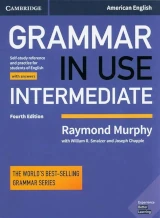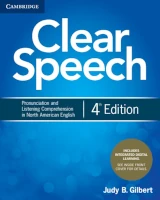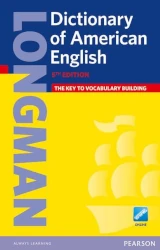Participial Adjectives: Grammar Guide –
This video lesson offers rules and examples for understanding participial adjectives and using them to create great English sentences.
When working with participial adjectives, remember the rule: Use Present Participle (-ing) for CAUSE and Past Participle (-ed) for RESULT.
Some of the more common verbs that allow such adjectives include:
- alarm
- amuse
- astonish
- bore
- challenge
- comfort
- confuse
- depress
- disappoint
- embarrass
- excite
- exhaust
- fascinate
- frighten
- frustrate
- inspire
- intimidate
- interest
- puzzle
- relax
- satisfy
- shock
- surprise
- tempt
- threaten
- thrill
- tire
Thanks for watching this grammar guide!
To continue building your grammar skills, be sure to see my favorite ESL grammar resource: Grammar in Use (American English) by Raymond Murphy (available on Amazon)
Also, be sure to check out some of my other posts for English Language Learners
Note: As an Amazon Associate, I earn from qualifying purchases, at no additional cost to you. Recommended resources are carefully selected and help support the operation of my blog.








